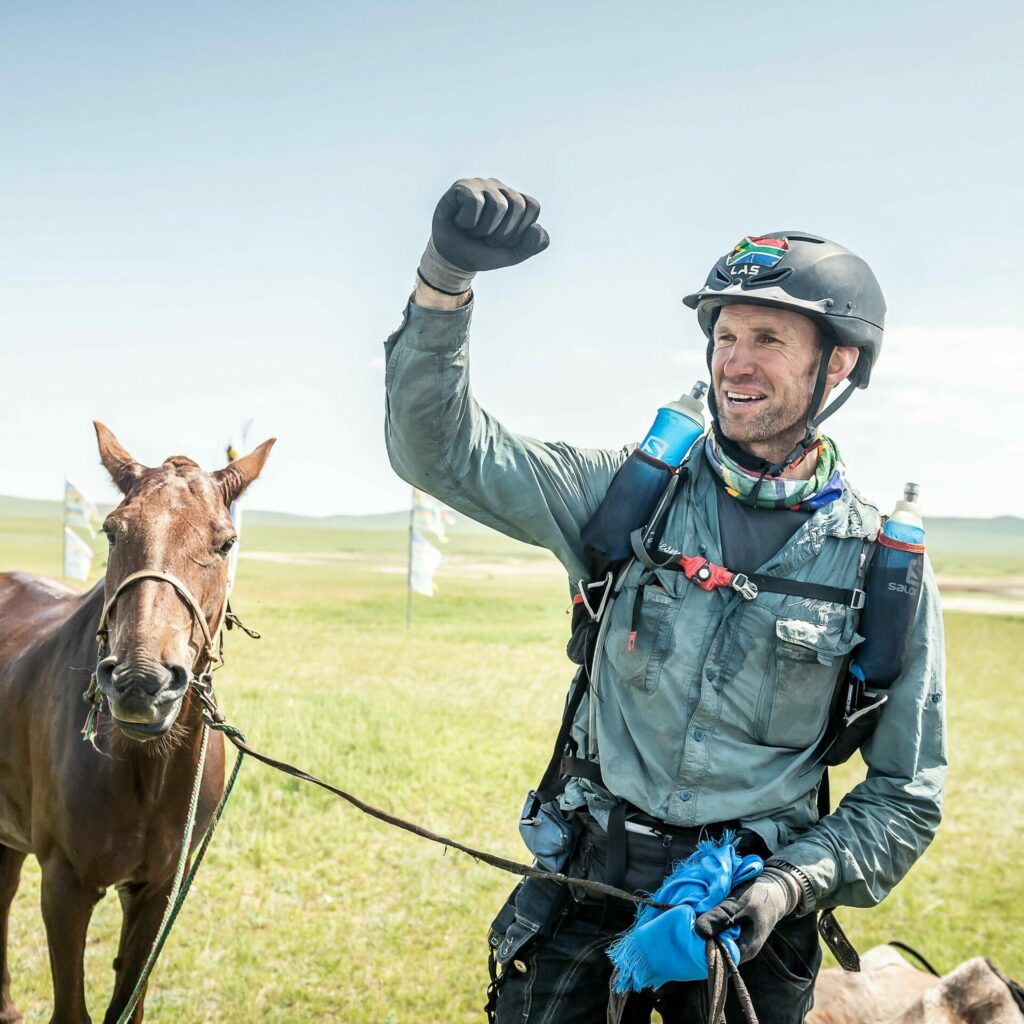The Derby Goes South
Who hasn’t dreamed of hitting the saddle for ten days across the wilds of Patagonia, eye-watering wind ripping through your hair, sleeping under the stars in a woolly poncho and dining on meat washed down with Malbec decanted from somebody’s boot?
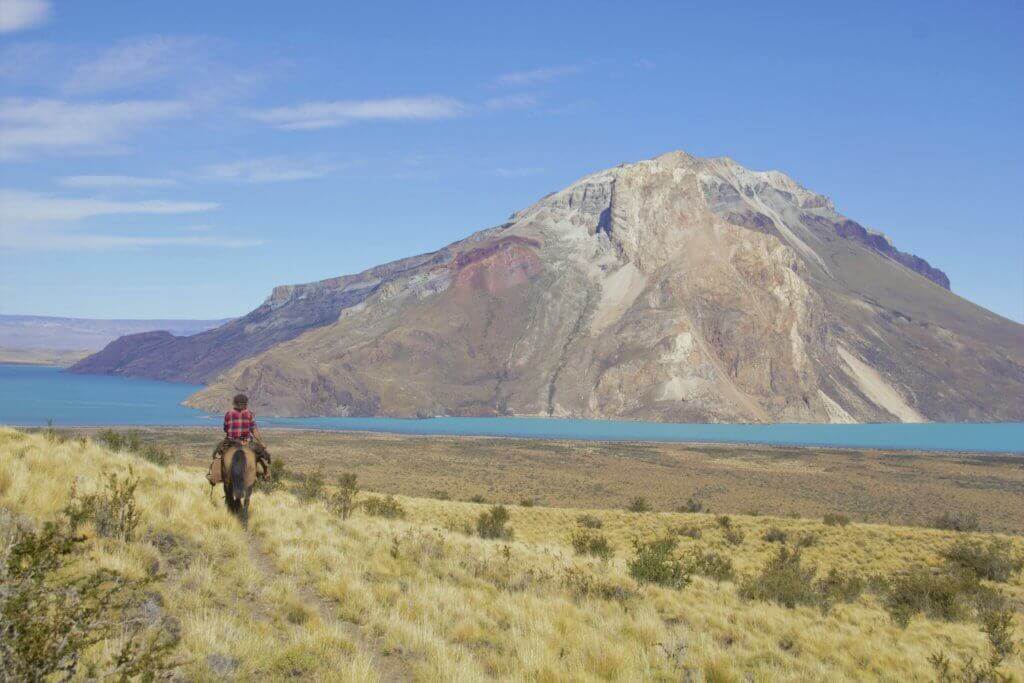
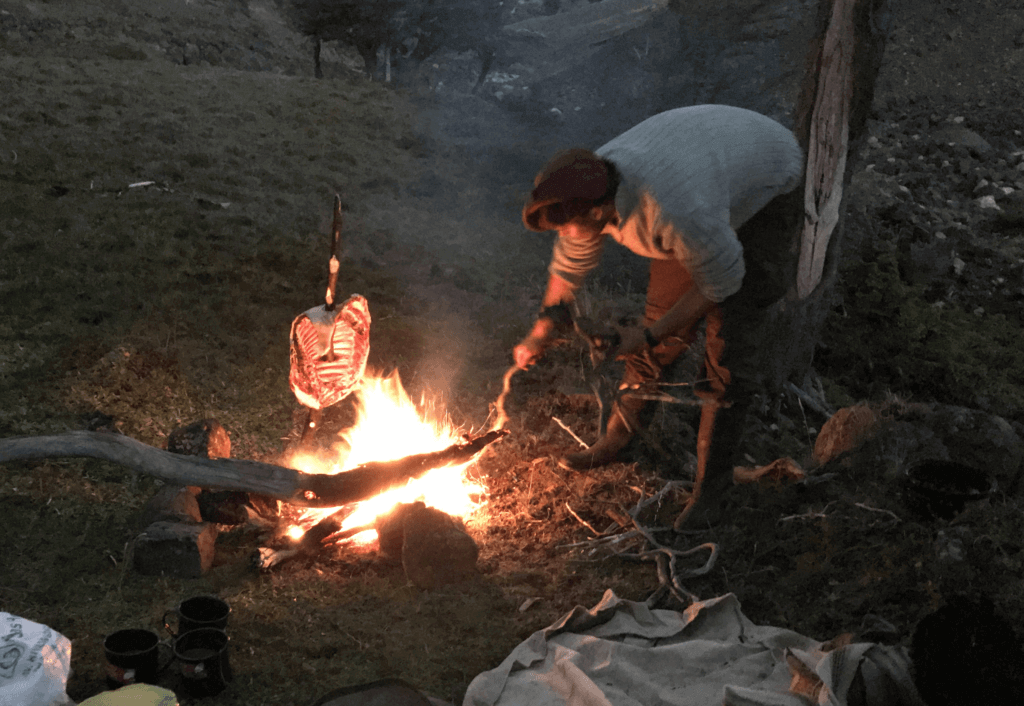
Supper is served!
Only a fool. Here at Adventurists HQ we’ve been scouring the globe to find the perfect companion to the legendary Mongol Derby. And so we decided to unleash some Patagonian pandemonium in the land of the Gaucho.
The inaugural edition of the Gaucho Derby kicks off March 5, 2020 for ten days of glorious racing à la Mongol Derby style, only with more wine and less vodka.
Whilst we while away the next couple of ghastly winter months here in the northern hemisphere, we shall whet our Derby appetites by casting our minds south of the equator. Summer is nicely underway and the Gauchos are hard at work doing their Gaucho-ing with some nice Gaucho-y horses, getting prepped for our brave Gaucho Derby competitors who will land feet first at the beginning of March.
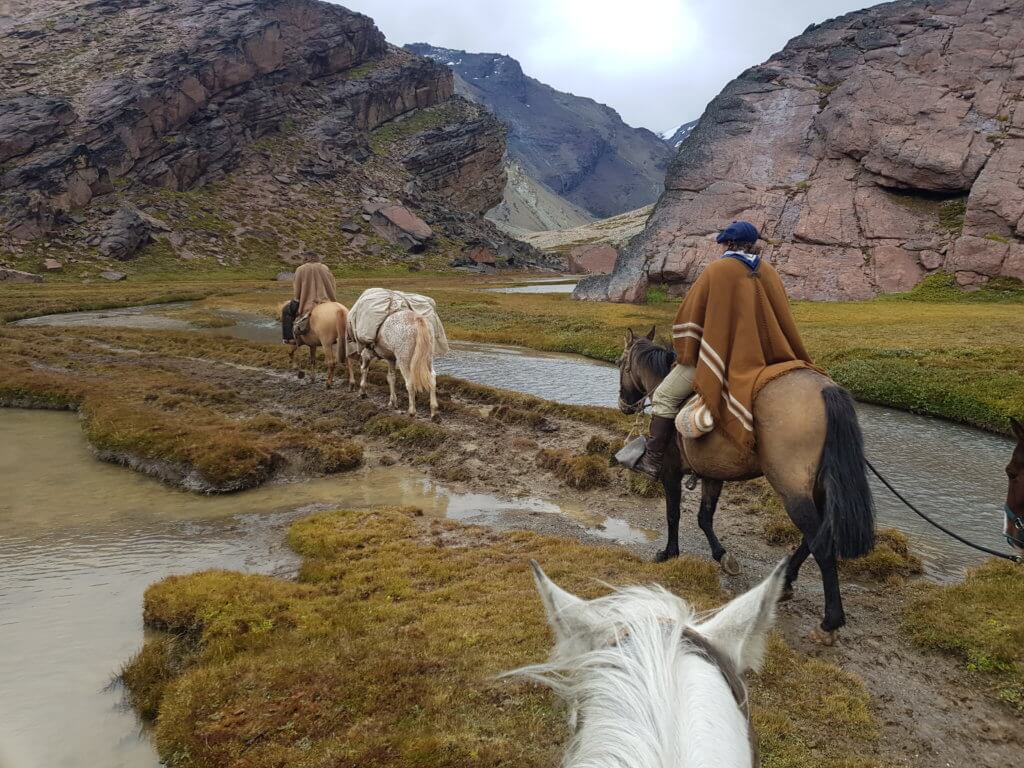
You may be asking at this point “So who are these Gauchos?” and “What’s this race all about?” In the next few weeks we will take a look at some of the highlights of the Gaucho culture, the geography of the race setting, a bit about the horses and a look at the competitors. We may even venture into proper boot-wine and maté consumption etiquette.
Lesson 1: The Gaucho culture: “A man without a horse is a man without legs”
Similar to the North American Vaqueros (or cowboys), Gauchos have been known as expert equestrians for time immemorial. Legend has it they wandered the South American Pampas in the mid-18th century to the late 19th century as nomadic horsemen, scooping up herds of horses and cattle for trade.
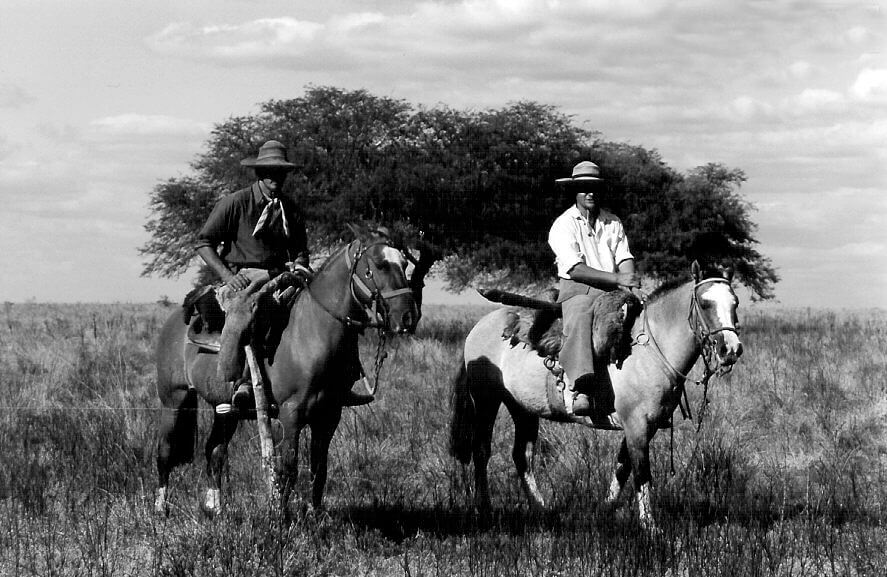
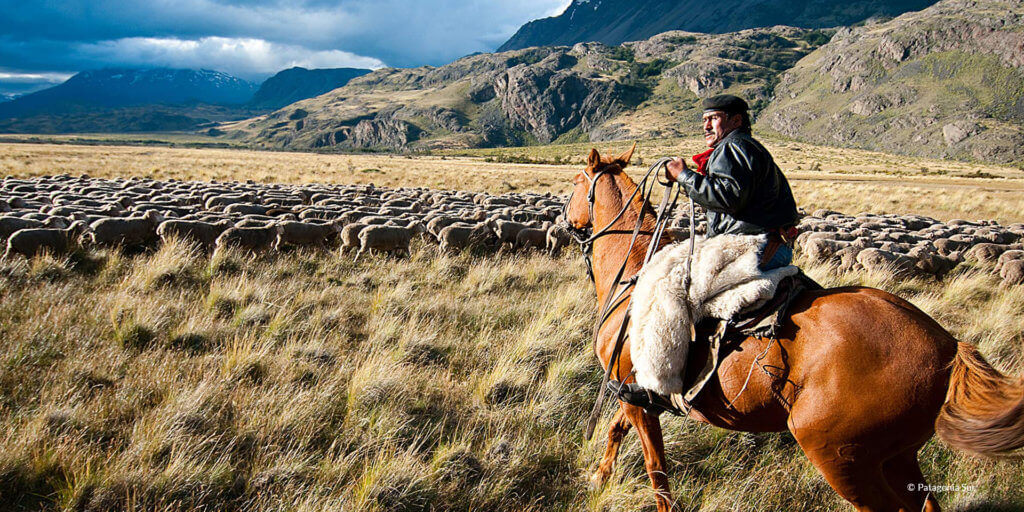
A quick internet search turns up terms like “noble”, “brave”, “generous” and “unruly”; folk heroes, if you will. They distinguished themselves further in the Argentine War of Independence as freedom fighters, applying their skill with the revolutionary forces which helped Argentina win independence from Spain. Truly, dudes you didn’t mess with.
Private ownership of livestock and the eventual fencing of the Pampas into estancias cut short their nomadic lifestyle, but did nothing to quell their fierce nature and outstanding horsemanship that survives to this day.
The Gaucho culture is celebrated nationally with festivals in November which involve much skill and general revelry, including just a bit of wine and poetry/ballad recitation, this copla being one of the classics:
My horse and my woman
Went off to Salta
May the horse return
For I don’t need my woman**
(**This sounds better in Spanish.)
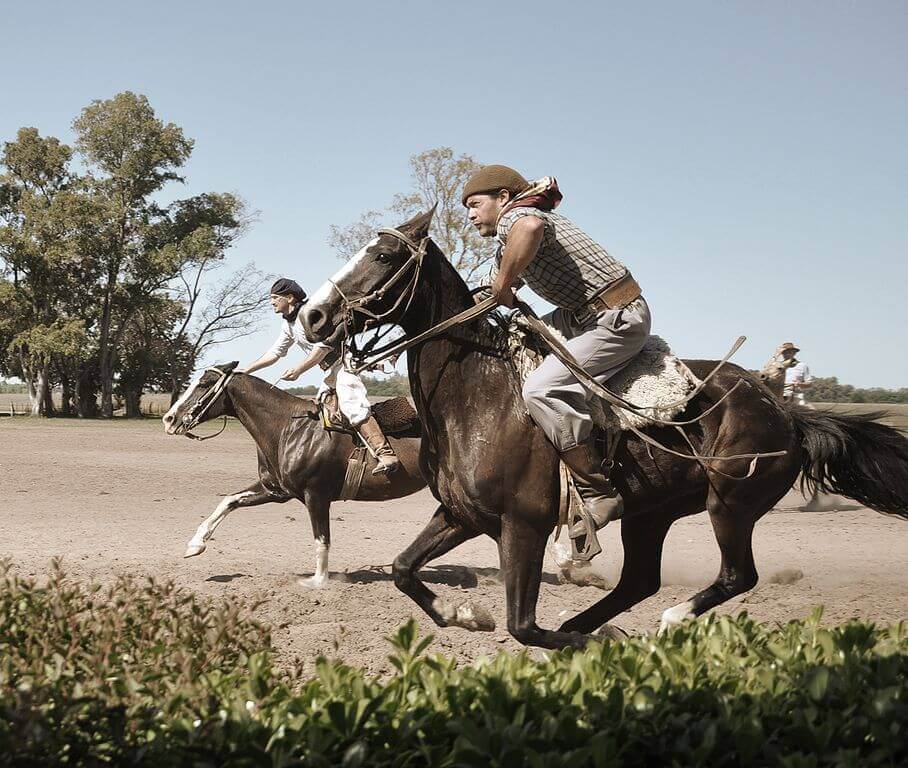
The indomitable Gaucho Derby competitors in the Pioneers edition of the Gaucho Derby will get a chance to experience this time honoured culture up close and personal in March. We shall see how poetic the lucky pioneer competitors feel after those 500kms of Patagonian awesomeness. Stay tuned…
